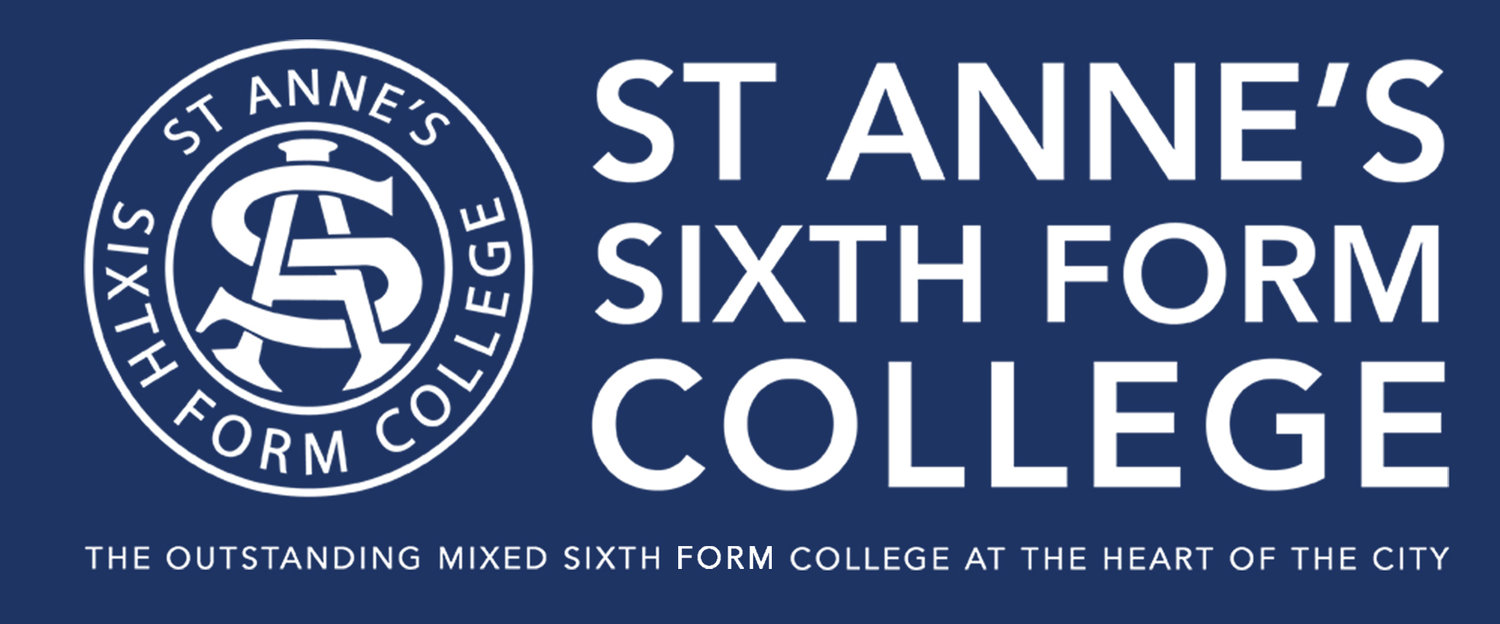BTEC Applied Science
BTEC Applied Science has a learner-centred approach to the curriculum, with a flexible, unit-based structure. It focuses on the holistic development of the practical, interpersonal and thinking skills required to be able to succeed in employment and higher education.
Entry Requirements
4-4 in GCSE combined science, AND 4 in English language, AND 4 in maths
Assessment
The styles of external assessment are:
- Examinations
- Set tasks throughout the course
- Synoptic assessment where learners draw on and apply their learning to realistic contexts
Beyond sixth form
The qualification carries UCAS points and is recognised by higher education providers as contributing to meeting admission requirements for many courses if taken alongside other qualifications as part of a two-year programme of learning, including, but not exclusively, those which are science-related. The qualification can be taken as part of a diverse programme, leaving progression options fully open. It can also give context to subjects which would benefit from some scientific background.
BTEC Nationals are widely recognised by industry and higher education as the signature vocational qualification at Level 3. They provide progression to the workplace either directly or via study at a higher level. 62% of large companies have recruited employees with BTEC qualifications. What’s more, well over 100,000 BTEC students apply to UK universities every year and their BTEC Nationals are accepted by over 150 UK universities and higher education institutes for relevant degree programmes.
Today’s BTEC Nationals are demanding. You will have to:
- choose and complete a range of units
- be organised
- take assessments that we will set and mark
- keep a portfolio of your assignments
A BTEC could be right for you because – whether you decide to study further, go on to work or an apprenticeship, or set up your own business – a BTEC National could be your passport to success in the next stage.
Course Summary
The approach provides rigour and balance, and promotes the ability to apply learning immediately in new contexts.
Learners will study three compulsory units:
- Principles and Applications of Science
- Practical Scientific Procedures and Techniques
- Science Investigation Skills.
Learners also choose one optional unit designed to support progression to applied science courses in higher education. Optional units include:
- Physiology of Human Body Systems
- Biological Molecules and Metabolic Pathways
- Applications of Inorganic Chemistry
- Electrical Circuits and their Application.

